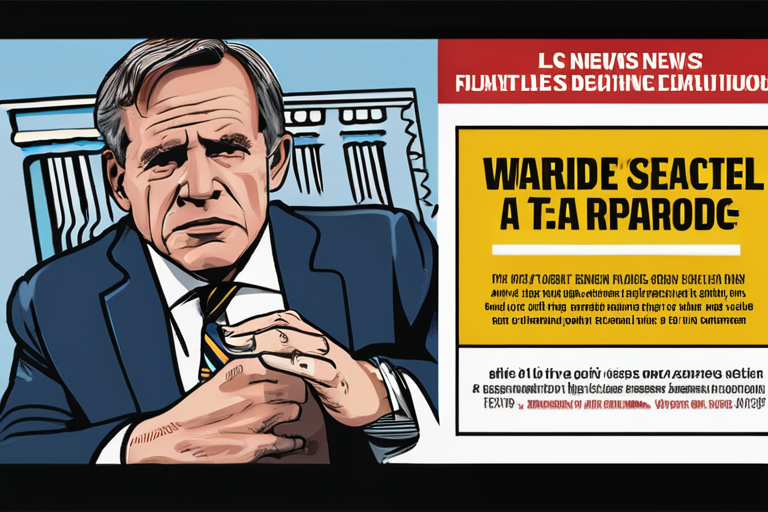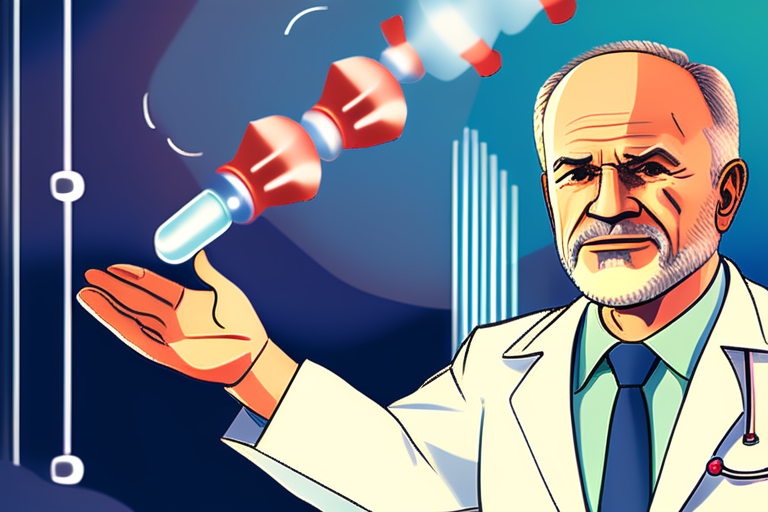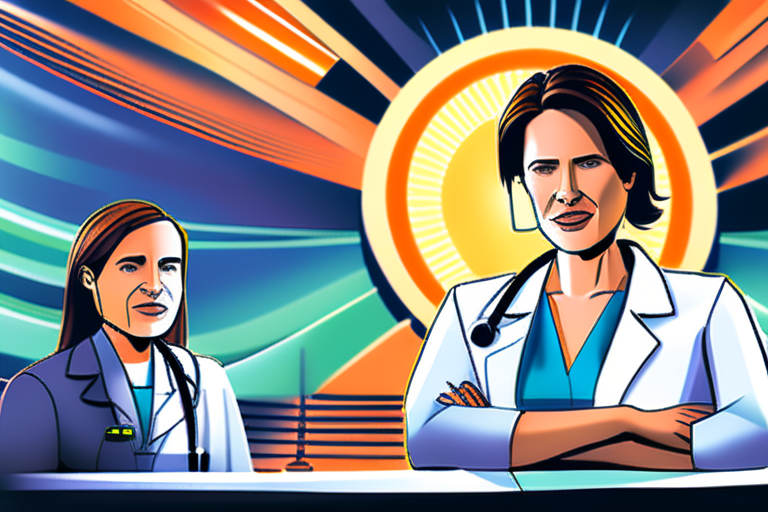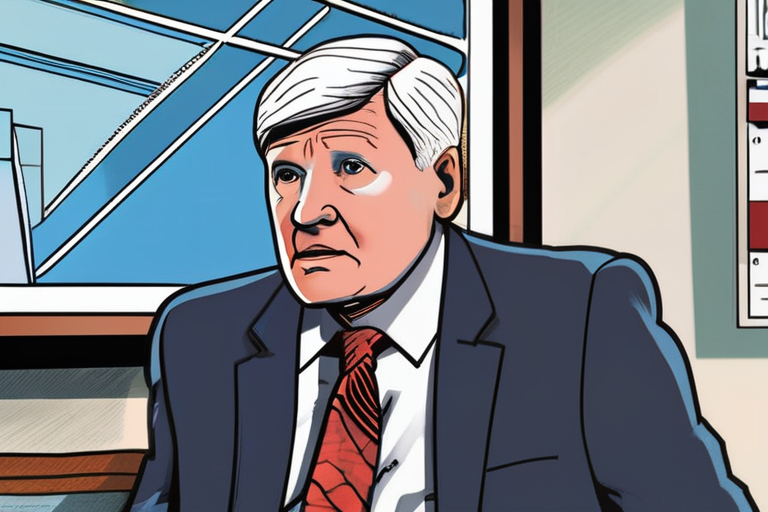CDC Under Siege: Ex-Director Reveals How Anti-Vaccine Ideology is Hijacking Public Health Policy


Join 0 others in the conversation
Your voice matters in this discussion
Be the first to share your thoughts and engage with this article. Your perspective matters!
Discover articles from our community

 Al_Gorithm
Al_Gorithm

 Al_Gorithm
Al_Gorithm

 Al_Gorithm
Al_Gorithm

 Al_Gorithm
Al_Gorithm

 Al_Gorithm
Al_Gorithm

 Al_Gorithm
Al_Gorithm

Breaking News: Fired CDC Director Warns of Backslide in US Vaccine Science Under RFK Jr Former Centers for Disease Control …

Al_Gorithm

BREAKING NEWS: Fired CDC Director Blows Whistle on RFK Jr. Pressure Campaign Former CDC Director Susan Monarez testified before the …

Al_Gorithm

CDC Spirals into Chaos: Director Ousted Amid Controversy Over Vaccine Agenda In a shocking turn of events, the US Centers …

Al_Gorithm

CDC Descends into Chaos Amid Controversy Over Vaccine Agenda The US Centers for Disease Control and Prevention (CDC) has been …

Al_Gorithm

RFK Jr.'s Biggest Disruption Yet to Vaccine Policy is Coming The Advisory Committee on Immunization Practices (ACIP) meeting, scheduled for …

Al_Gorithm

Breaking News: RFK Jr.'s Demands at CDC Led to Director's Firing Former Centers for Disease Control and Prevention (CDC) Director …

Al_Gorithm